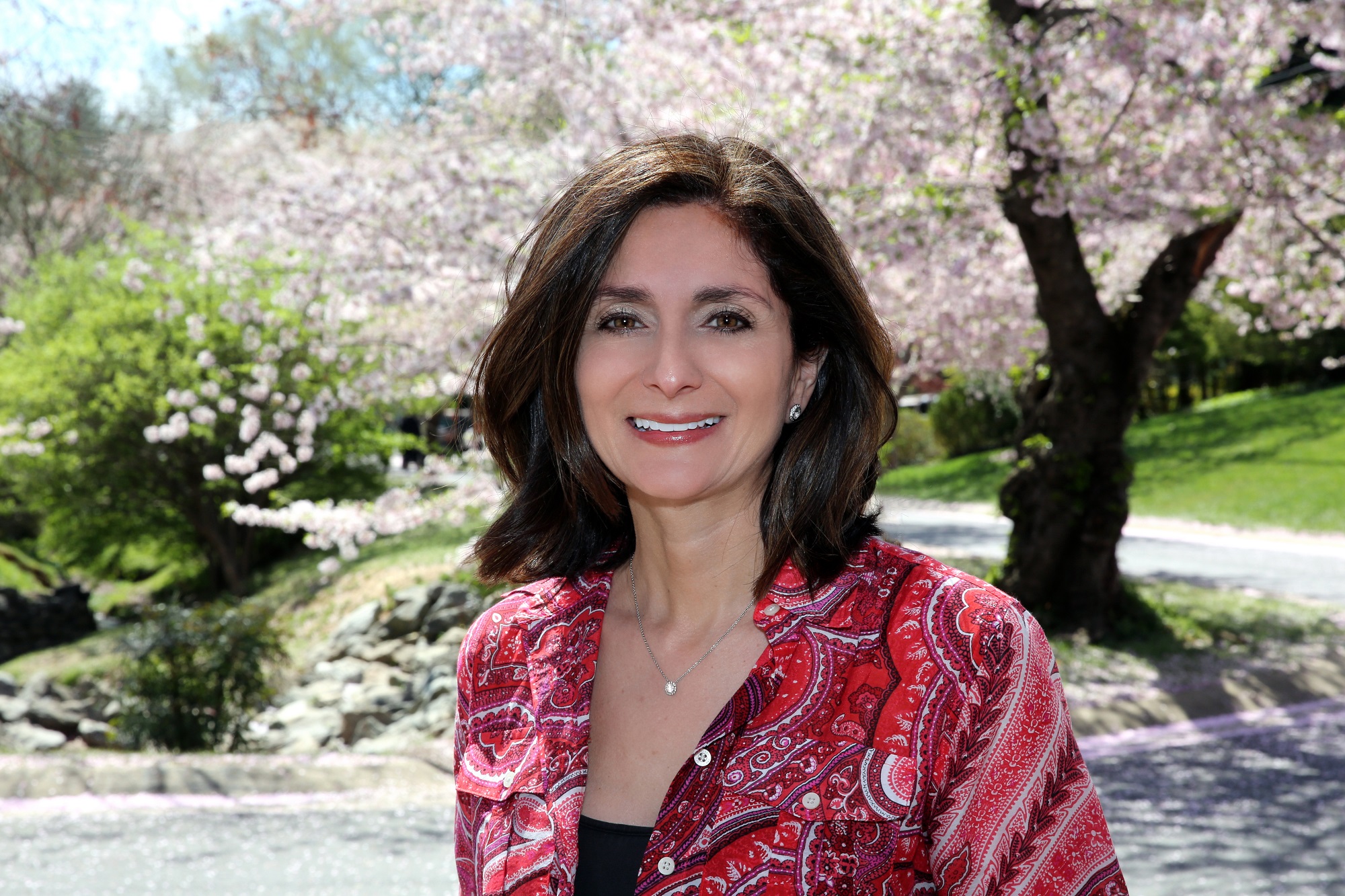As children, we start by seeing the world simply from our own perspective. Over time, we learn to consider other people’s feelings and to appreciate that our actions might impact others. Hopefully during this evolution of our thought process we also learn to respect differences of opinion– everyone is entitled to his/her own view, especially here in America.
Somehow, in a global sense, especially in terms of politics, everyone seems to appreciate free will and individual rights. We extoll as an American virtue the belief embodied in our country’s founding documents that each person has a right to pursue his/her own happiness. Yet in a very micro level, when I hear people talk about issues with their friends or family, so many are quick to pass judgments on others or seek to impose their views on those in their immediate circle. Why is that?
Especially when it comes to marriages, I have learned throughout the years, that there isn’t one perfect formula as to what will make a marriage work. According to the book, “A Good Marriage” there are 4 ways people can create a good marriage: 1. a traditional marriage view; 2. love at first sight; 3. the savior role; and 4. best friends.
From my observations, there still are some couples that remain happy with the traditional marriage arrangment, where one person stays home and cares for the children while the other person focuses on providing for the family financially. (That’s only about 30% of the U.S. population now). While none of my close friends have this set up, it is nonetheless important to accept that this is a way of life that works for some.
I rarely see those that believe in love at first sight, and those that got sucked into playing the savior role mostly found that exhausting after awhile. But, the best friends scenario I see all the time– and what is surprising is that even then there’s a 50% chance it won’t work out. There’s a million reason people grow apart. Our goals and priorities can change overtime, and you can’t always predict how people will handle various losses and life’s challenges.
Growing old together is not easy. Some people can become workaholics or obsessed with fitness, while others just work to live and may let themselves go physically. Many adults can become depressed, anxious or develop an addiction. Many may develop an attraction to someone else. For some of us, these are absolute deal-breakers, but others will try to work through these issues. In the end, you have to respect that each person is entitled to make their own choices.
Life is complicated, and particularly intimate relationships are challenging to maintain. But perhaps if we could apply our more open-minded global view to our personal lives, and suspend judgment of others, we could have longer lasting and less volatile relationships. Simply stated: a little more compassion would go a long way.
By Regina A. DeMeo, Esq.








